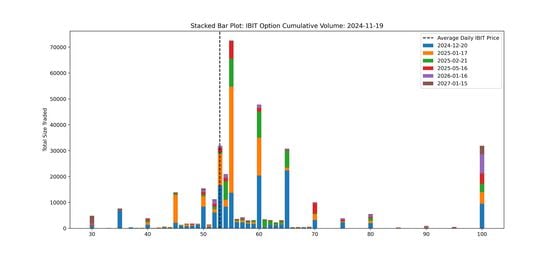Ledger, a leading hardware wallet provider, has successfully resolved a recent connectivity problem with the XRP Ledger (XRPL), restoring seamless transaction capabilities for its users. This issue, which emerged on November 29, temporarily hindered users from adding XRP accounts or initiating transactions through Ledger Live, the company’s software interface for managing crypto assets and devices.
Ledger users regain XRP access after a quick fix
The XRP Ledger Foundation, which is dedicated to developing and maintaining the XRPL, played a pivotal role in addressing this challenge. The issue, initially traced to a delayed configuration change on xrplcluster.com, affected users utilizing HTTP POST RPC, a key interface to the XRPLCluster used by Ledger. This interface differed from the more efficient WebSocket transport method.
In response, the XRP Ledger Foundation quickly implemented a solution, enhancing their monitoring systems to boost service reliability. This swift action was recognized by both Wietse Wind, founder of XRPL Labs, and Ledger, who confirmed the resolution and expressed gratitude for the Foundation’s efforts.
The connectivity problem significantly impacted Ledger users, as it impeded their ability to interact with the XRP Ledger effectively. During the downtime, Ledger assured its clients of the safety of their funds and suggested using the XRP Toolkit as a temporary workaround.
After identifying the root cause of xrplcluster.com, the XRPL Foundation acted promptly, showcasing its commitment to maintaining a robust and reliable infrastructure for XRP transactions. This proactive approach not only resolved the current issue but also set the stage for improved service reliability in the future.
Ledger overcomes XRP issue with XRPL Foundation’s help
The incident sparked initial concerns within the XRP community, with some users contemplating switching to alternative hardware wallet providers. However, the quick resolution reaffirmed the community’s confidence in Ledger’s ability to manage such challenges effectively. Additionally, a U.K.-based investor came to Ledger’s defense, clarifying that the issue did not originate from the company itself.
This is not the first time Ledger has faced a similar problem. A previous incident in May also involved an API HTTP error related to the XRPLCluster, which was successfully resolved in collaboration with the XRPL Foundation. These occurrences highlight the importance of robust, collaborative problem-solving in the rapidly evolving world of cryptocurrency.
The resolution of this issue underscores the resilience and adaptability of Ledger and the XRPL Foundation in ensuring the secure and efficient operation of the XRP Ledger. As the cryptocurrency landscape continues to evolve, such collaborative efforts will be crucial in maintaining trust and functionality in digital asset management.





